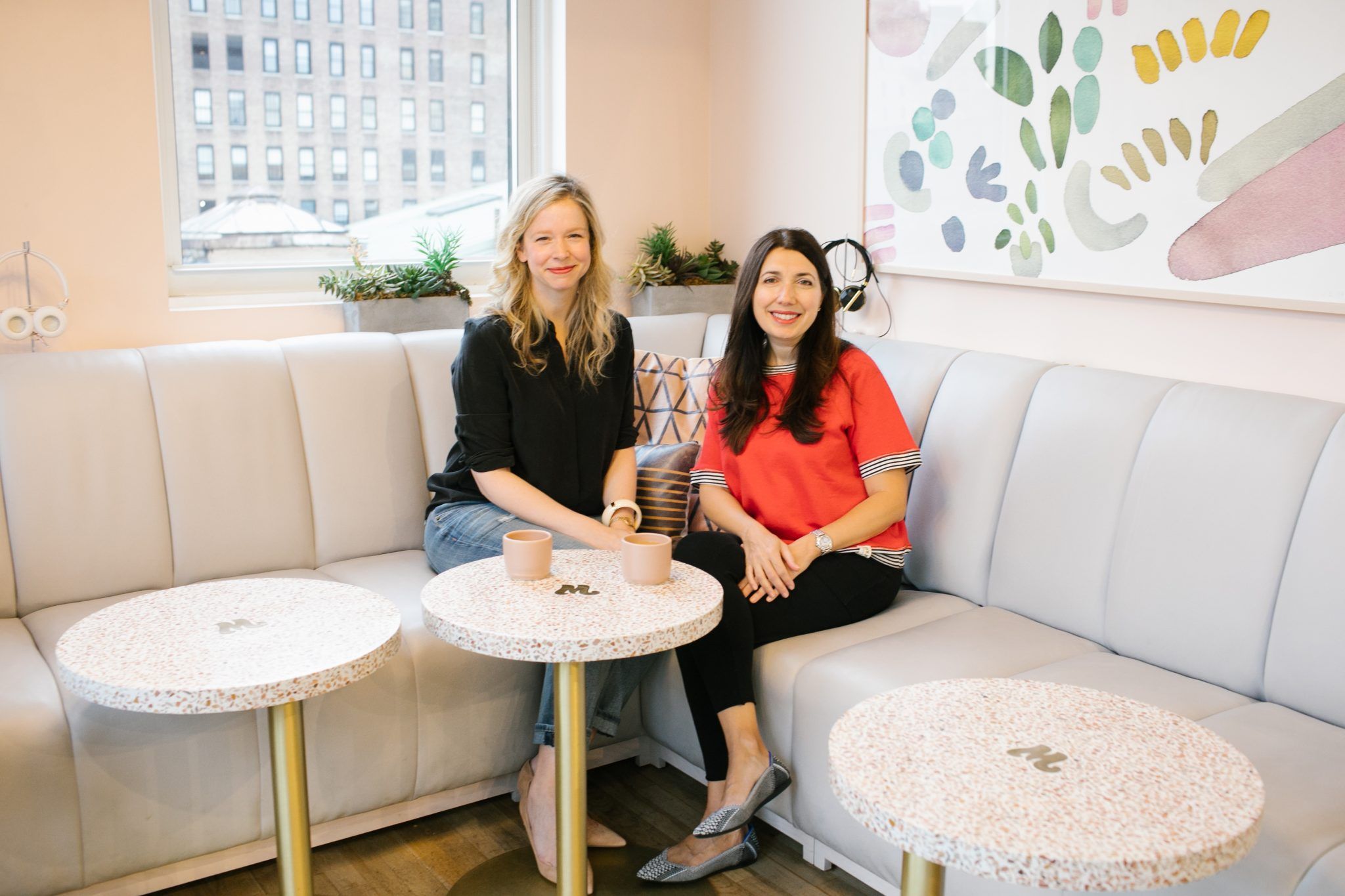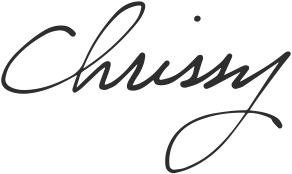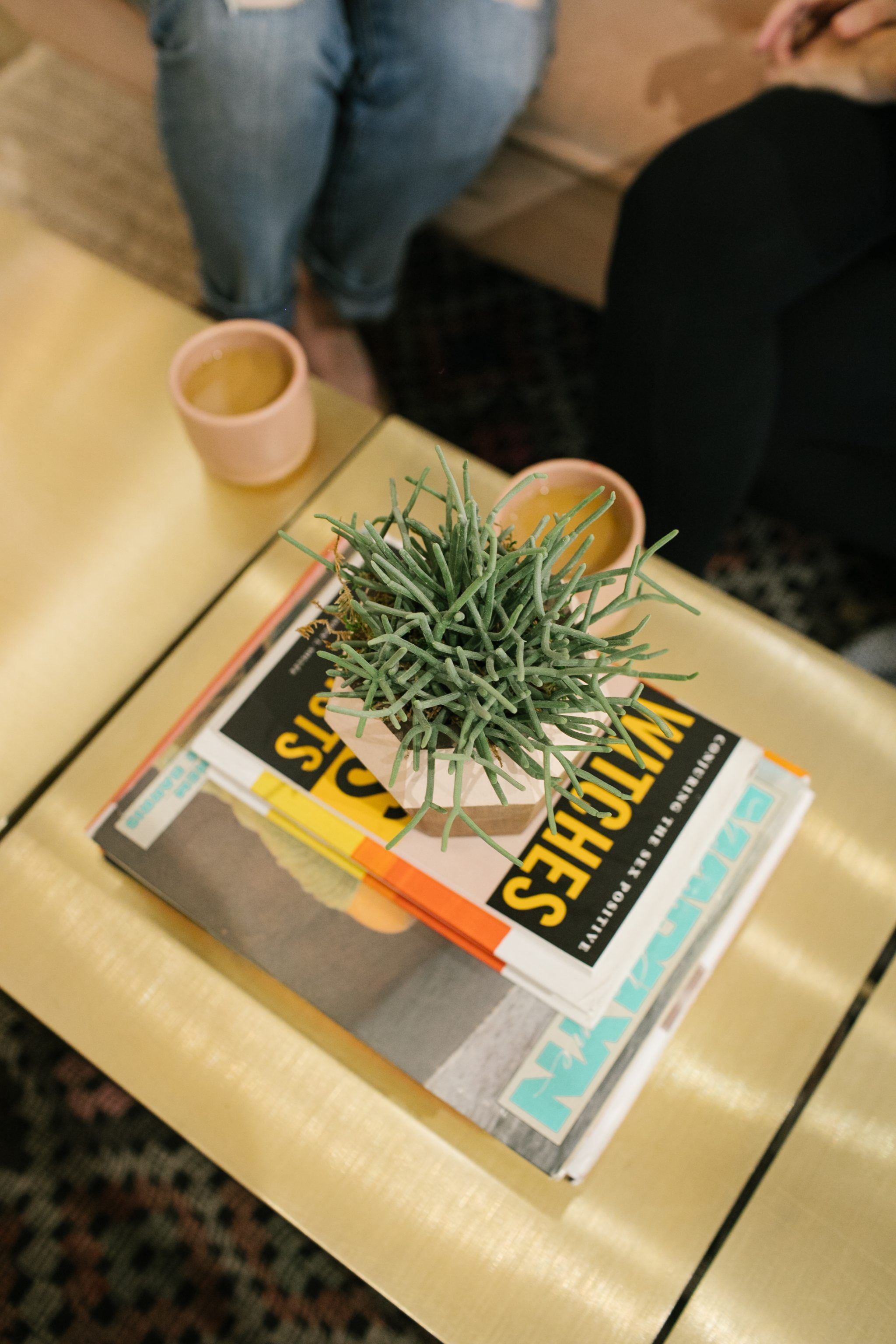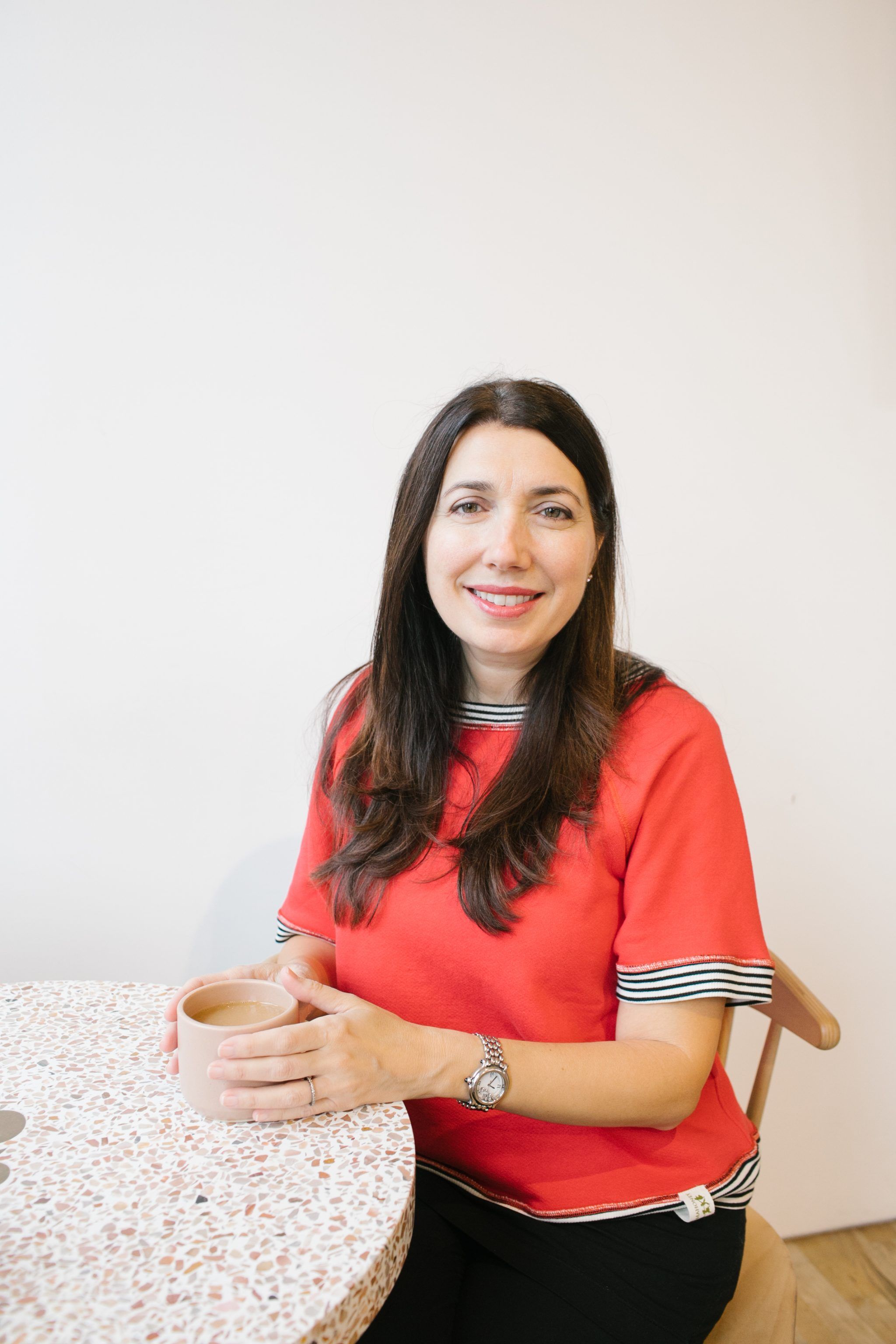This post contains affiliate links to the things I love.
10 Apr 2018
Fran Hauser

This is the first time I’ve had the pleasure of interviewing a dear friend. Being a new experience, I took a decidedly different approach. I typically curate my questions around a specific theme, but instead I crafted a list of questions for my friend, Fran Hauser, based on the qualities I love most about her—her faith in the process, her devotion to family and ritual, her emotional intelligence, her decisiveness, and her generosity. Our conversation at The Wing revealed not only a deeper understanding of my friend, but also of the core principles she has nurtured on her path to success.
I’m so excited to introduce my friend Fran to you.
The first thing you should know about Fran is she’s a force of nature. A true powerhouse, Fran’s career has left an undeniable wake of inspiration for women in business. From her role as head of digital media for Time, Inc., to her influence as a startup investor, everything she touches turns to gold.
It’s counterintuitive, but the source of her power is kindness. In her upcoming book, The Myth of the Nice Girl: Achieving a Career You Love Without Becoming a Person You Hate, she dismantles the idea that women need to be cutthroat in order to succeed. Fran is living proof that you can live, work, and lead with heart. I asked her how she thought playing nice at work could foster success.
I think the biggest benefit of being nice at work is that it allows you to develop genuine relationships. Specifically, building relationships where people trust you as a leader—where they want to follow you. When you’re empathetic, caring, and open—when you care about your team and you do the right thing—people aren’t following you out of fear, but out of respect.
Her wisdom struck a chord. My own “niceness” has been both an obstacle and an asset. Early on in my life, my niceness lacked the container of strong boundaries and self-confidence, and I became a doormat. On Wall Street, I struggled to get out from underneath the perception that nice equaled weak or unintelligent; I tried to fit in by emulating the aggressive, self-serving behavior I observed on the trading floor. When I couldn’t break into the boys’ club, I relied on an exaggerated femininity and sexuality to tip the balance of power in my favor. It’s taken a lot of honest self-study and intentional action over the years to learn how to embody my authentic niceness without burying my needs or abandoning my core values.
This is a balancing act Fran understands well. Her ability to be both empathetic and decisive in business was a skill she too cultivated through experience. “Earlier on in my career, because I was so kind and caring, I suffered from the ‘What do you think?’ trap. I wanted to make sure everyone felt great, but in business, not everyone’s going to feel great all the time. You can do your best to make sure your team is heard, but at the end of the day, as a leader, it’s your decision to make. You have to make the call.” Fran’s emotional intelligence—her sensitivity and perceptiveness—allows her to read people and situations. This skill opens her up to the needs of others, offering valuable insights that inform her decisions. It’s a skill we both share. In my work as a yoga teacher, I’m able walk into a yoga studio full of strangers and immediately sense the energy in the room. This level of sensitivity empowers me to best serve the needs of my students. But it can also become an obstacle, challenging me to stay connected to my purpose and not be influenced by my students’ expectations. I conveyed this to Fran and she totally got it.
It’s a curse and a blessing, to see everything. Empathy is an asset. There’s all of this research about empathy and business—CEO’s that have empathy as a trait are more successful, not just as an individual, but as a company, from a return on investment perspective. So empathy is a wonderful thing, but like anything, if you go too far, you can’t take decisive action. You can’t lead effectively. Sometimes I have to turn it off. I have to check myself a lot.
It was reassuring to hear that even someone with as much experience and success in business as Fran struggles to find that balance. I wanted to know: How does she do it? How does she stay open but also grounded in herself? “I definitely feel more capable of walking that line when I’m taking good care of myself. Even if I just carve out a few moments in my day—to stretch, to meditate, to take a walk—I feel like it trains me to reconnect with myself in those moments where I’m being pulled in different directions. It’s truly amazing what a difference even ten minutes a day can make on my state of mind.”
To see self-care as an essential business tool? Mind blown. What an invaluable call to action. In my own work as a teacher, I share self-care as an integral daily practice and not just an act of desperation. But let’s be honest: it’s not always easy to walk the talk. Fran concurred. “As entrepreneurs, it can be so hard to create a structure for yourself. It was so much easier for me when I worked in a big operating role at a company. But when you’re an entrepreneur, there’s so much freedom, and it’s harder to set clear boundaries around your time.”
Foundational to Fran’s self-care are connection and ritual. Growing up in an Italian family, many of her most treasured rituals are centered around food. Her face lit up as she described jarring tomatoes every September in her parents’ garage, “because in an Italian family, the tomato sauce is everything!” It would take the whole day and everyone in the family had a role to play. There was a process, and it’s faith in the process that was present in all of her family traditions. “The day before Easter, my father would be at the stove over this huge pot making homemade ricotta. It’s easy to make—it’s just milk, vinegar, and salt—but it takes time. To see it transform into something else is amazing.”
This inherent faith is one of the things I love most about Fran. She just has this aura of confidence that makes you feel like no matter what life has thrown at you, it will be ok—you will be ok. We traced her faith back to the devotion and patience that manifested in those hours of jarring tomatoes, or watching the metamorphosis of milk, vinegar, and salt into homemade ricotta. This trust in the process is a core value she has taken into her career. “Even when I was in a bigger executive role, I always felt comfortable if I knew there was a process in place that was built with integrity. If you put the right team together and they have the right process, it will work out.”
Fran’s professional journey has led her to her current role of startup investor, where she harnesses her passion to help others. Now, three years after her decision to leave Time, Inc., Fran has seventeen companies in her portfolio. “It’s just so amazing for me to watch these founders grow into leaders and CEOs. Being a part of that growth—someone who can make connections or offer feedback, whatever it is—that’s the fun part of investing. It’s not actually writing the check, it’s that you end up being an advisor, a mentor, and a sounding board to these founders.”
On some level, this is the role she was born to play. Even as a young child, helping her Italian immigrant parents with their own businesses—writing invoices, fielding potential clients, managing the books, and translating for her parents who didn’t speak the language—Fran facilitated growth and success.
I always say, I was the general manager of our family. There were moments when I felt very special and very valued, and there were other moments that were really hard for me because I felt like I was missing out on doing normal kid stuff. But I think now, looking back, so much of who I am is because of those experiences. Between my dad’s stone masonry business and my mom’s tailoring business, I realize that I helped them so much. Watching my parents grow their businesses from nothing to something was pretty great.
As an entrepreneur—as a woman—Fran is an example of who I strive to be. Our conversation helped to solidify why she has been such a powerful presence in my life: beyond the fact that she’s an amazingly supportive friend, Fran reflects, nurtures, and supports what’s already there. She recognizes the gifts of others and invests her energy to cultivate that which is both intrinsic and necessary to their success. She’s taught me so much about the power of being true to yourself. Fran reminds me that success in life and in business requires a deep connection to your core values, as well as a commitment to staying open and receptive. She has demonstrated through example that you can be both kind and powerful, empathetic and decisive, authentic and successful. I’m grateful for our friendship, and for her support. Fran has inspired so many facets of my life; perhaps most importantly, she has inspired me to live and lead with heart.
Photos: Jen Trahan
SHOP MY STYLE















Join the Discussion